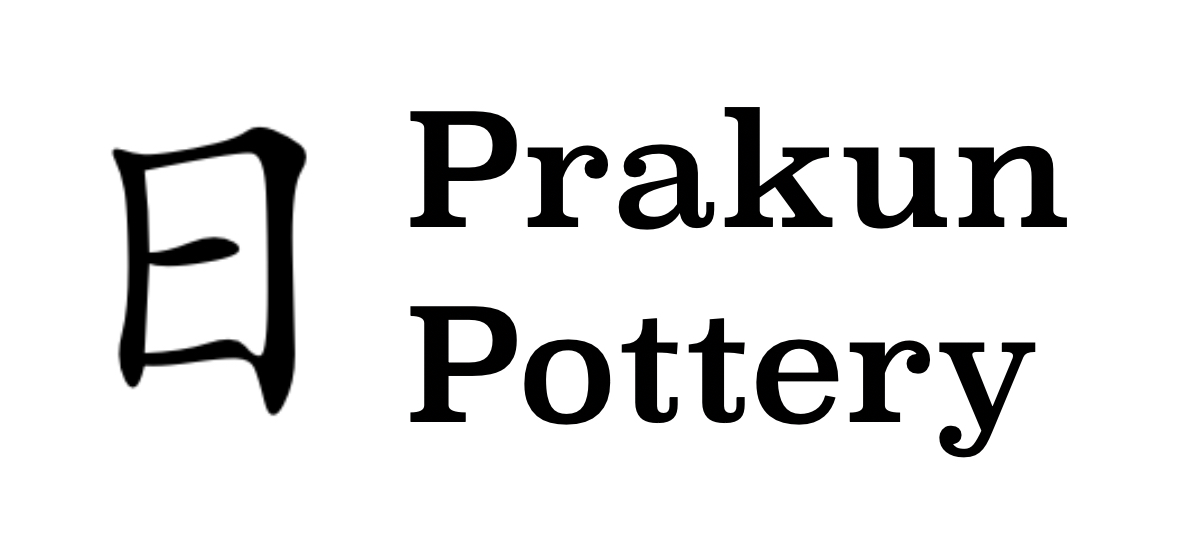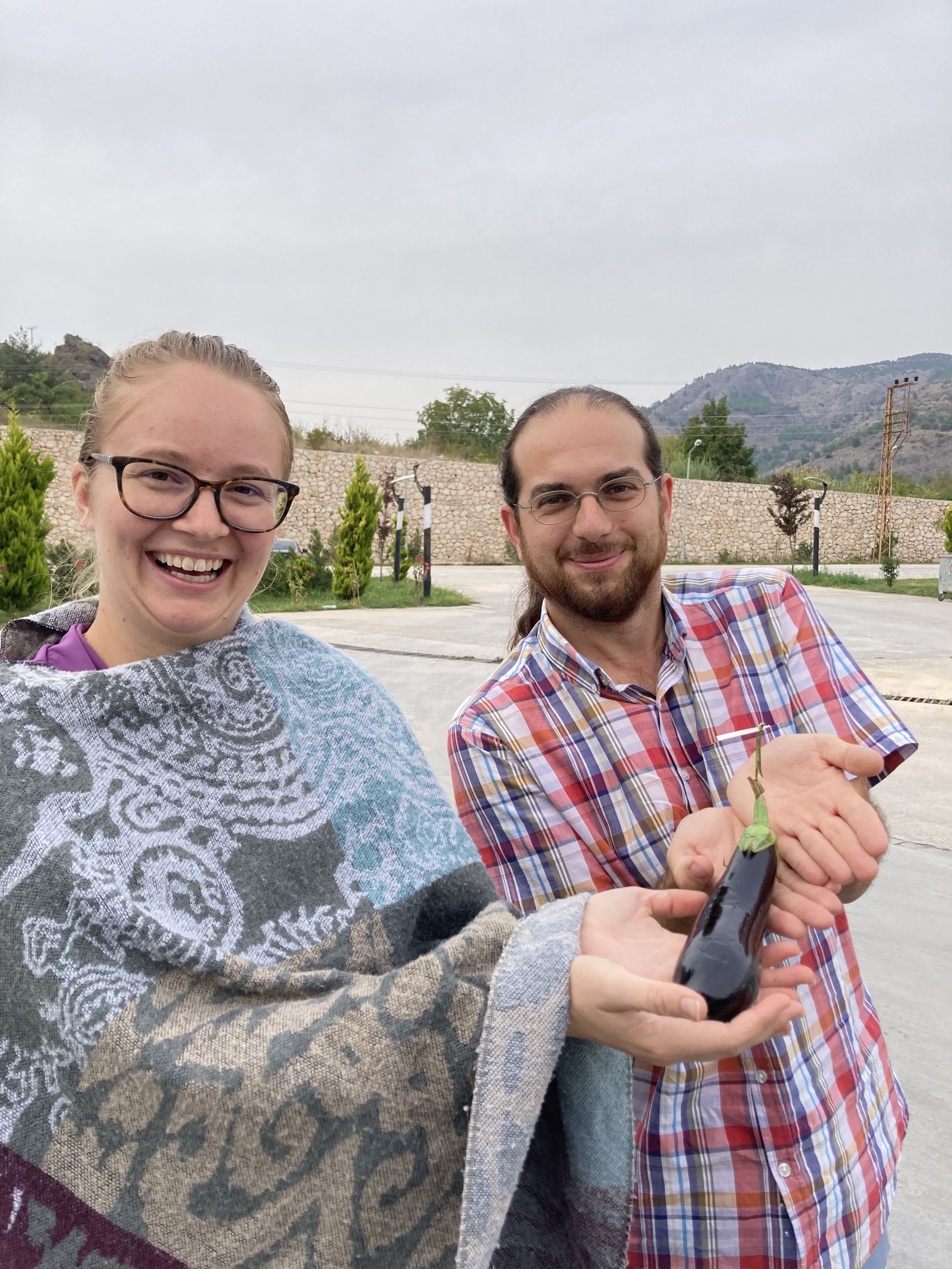The Quest, Part Two
23 October 2022
This is a continuation of yesterday’s post.
Becca declined to make a second attempt on the mountain. So after an intriguing morning involving a castle, a cat, and Amasya’s archeological museum, Çansu and I dropped her at the hotel and drove back to Uluköy.
Our first stop was again a high-altitude view—but this time from the ruins of a late-Byzantine castle opposite the ridge. Silvas had commended this prospect in both her paper and her reply to my late-night email. As we stood there, Basil’s description of the place came into focus.
“There is a lofty mountain covered with thick woods, watered towards the north with cool and transparent streams. A plain lies beneath, enriched by the waters which are ever draining off from it; and skirted by a spontaneous profusion of trees almost thick enough to be a fence, so as even to surpass Calypso's Island, which Homer seems to have considered the most beautiful spot on the earth.”
The plain remains, with its fence of trees. Basil and Gregory Nazianzus planted a plane tree there, and Anna Silvas noted a grove of plane trees when she visited the place in 2008. Even from our distance, Çansu and I caught the glimpse of white bark and half-gold leaves.
“Indeed it is like an island,” Basil continues, “enclosed as it is on all sides; for deep hollows cut off two sides of it; the river, which has lately fallen down a precipice, runs all along the front and is impassable as a wall; while the mountain extending itself behind, and meeting the hollows in a crescent, stops up the path at its roots. There is but one pass, and I am master of it.”
That was the path we now sought. Silvas’s paper described her ascent as beginning at an abandoned spring or trough near the Roman bridge. The day before, we’d prioritized nearness to the bridge over an abandoned spring, which failed to materialize. Today we drove until we found one. It was in fact a working spring three kilometers from the bridge, but a wide switchback path rose behind it. Çansu parked, I wished us luck, and we began our ascent.
Hoofmarks accompanied us all the way up the ridge. I cheerfully ascribed them to Emelia’s mule. “How long do you think those last?” Çansu asked, worried until he saw me laughing. The path led us to the top of the ridge and along the crest for some distance before it dwindled to a track. We followed the track until it dwindled to a guess. We then guessed at watercourses and hoof prints, always trying to make our way east toward where we’d seen the retreat.
Our way wended up and down those steep gravel-covered slopes. Çansu gave me further lessons in walking on scree: keep your feet sideways, and use the vegetation where you can. Tufts of grass and prickly milk vetch—and a lot of help from Çansu—kept me from skiing off the mountain.
The difference between walking and skiing…
…is never great. At least not for this flatlander.
We found high meadows, screened by oaks and thorny juniper in a way that lent the land an almost-indoors quality. I met a bright yellow spider. In some places, red grasshoppers flew up at every step.
I think we started with at least two kilometers between us and the retreat. We caught another glimpse of the sloping plain when we were almost above it. But two kilometers on a pathless ridge is slow going, and the sun was at the horizon when we were stymied by a pine grove. For the first time, we could find a way neither forward nor down. The land on all sides dropped too sharply.
The hoof prints appeared again, and they might have led us somewhere but for the failing light. I asked if we ought to try to find a way down.
“Toward the river?” Çansu asked, knowing how close we were to the retreat.
“Toward the road,” I said regretfully. But then I asked if we could stay long enough to read Gregory’s Nazianzus’ letters.
“For my part I will admire your Pontus and your Pontic darkness, and your dwelling place so worthy of exile, and the hills over your head, and the wild beasts which test your faith, and your sequestered spot that lies under them …And [I will] admire your strait and narrow road, leading...I know not if it be to the Kingdom, or to Hades, but for your sake I hope it is the Kingdom.”
Such, alas, was the road we failed to find. At least we could ascertain the sober truth of Gregory’s descriptions of the surrounding country:
“All of it which has escaped the rocks is full of gullies; and that which is not a gully is a thicket of thorns; and whatever is above the thorns is a precipice; and the road above that is precipitous, and slopes both ways, exercising the mind of travelers, and calling for gymnastic exercises for safety.”
Gregory found Basil’s idyllic descriptions of the place greatly overwrought: the birds he had no leisure to admire did indeed sing, “(but only of famine), and fly about (but only about the desert). No one visits it, you say, except for hunting; you might add, and except to look upon your dead bodies” (Epistle 4).
6:10, and the call to prayer
We had perhaps fifteen minutes of light left when I stopped reading, but Gregory’s wit had lifted our spirits. There was no hope of retracing the hour-and-a-half hike that had brought us here. We cleared the pine grove and Çansu started looking for a new way down. The scree was even more dubious by twilight. I was terribly slow, but I got to shoot sunset videos while Çansu scouted the path ahead.
6:23
The last vestige of light lasts longer than you’d think. Çansu must have found the watercourse before Pontic darkness truly engulfed us. When it did, we resorted to his phone’s flashlight—a disorienting splash of brightness to show up loose rocks and thornbushes and a sliding mat of pine needles. I remember laughing, though I don’t recall at what. Getting stuck like a mangled rock spider in a five-foot drop, maybe? There were places the soft rock came away in my hand, and I had pine needles up my pants to my knees.
Finally, suddenly, the road was before us. When we were safely on level ground, Çansu told me what had been occupying his mind most of the descent. “Your ‘Dear Anna’ letter from yesterday kept playing. ‘Dear Anna—thornbushes! We followed your paper a second time today—falling rocks! Thank you especially—sharp drop—for the note about the spring!”
We laughed for kilometers, a slapstick euphoria at survival. (In fairness to Anna Silvas, we started at a working spring instead of an abandoned one. I think the trough that marked her ascent has likely been removed.)
The stars showed up dark flame-shaped poplars. The nighttime of Annisa was around us, and I couldn’t have been happier. Then we heard the bells. There was a pungent smell, and suddenly white and black-faced sheep were whisking through our flashlight circle as their shepherds called them off the mountain. I bleated greetings. It seemed imminently likely that we would be trampled by this marauding flock. My delight was exorbitant.
The sheep left us behind, and we were escorted for a while by some mongrel dogs. Then I found an eggplant by the roadside. In the absence of Basil’s retreat, we ascribed the eggplant to him and took it with us as a trophy. It was past eight when we made it back to Amasya, where Becca was relieved at our survival and somewhat less than thrilled at our cheery account of perils weathered. I trust that you, dear reader, are more amused.
Hark! A spring! (But one too late to do us any good, being in the metropolis of Amasya)
Our eggplant of triumph





